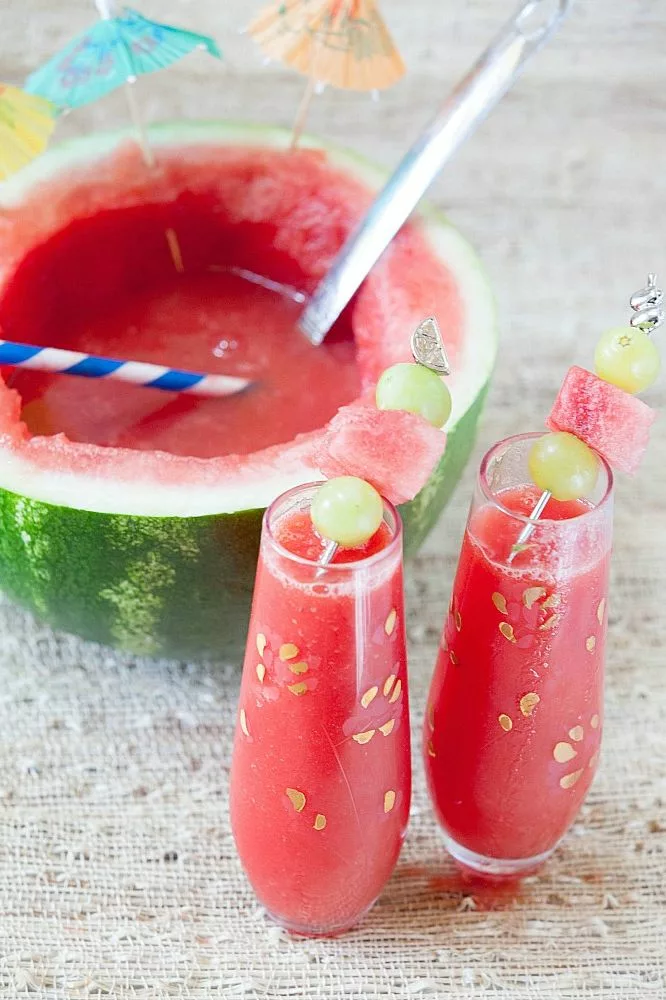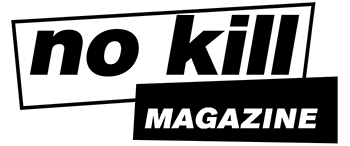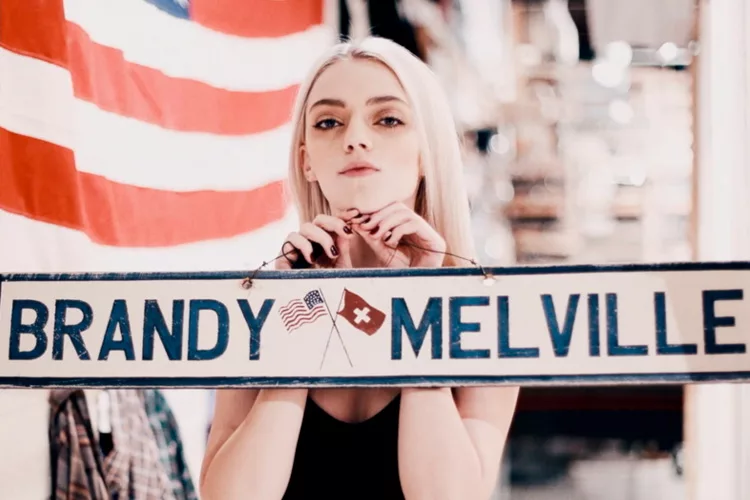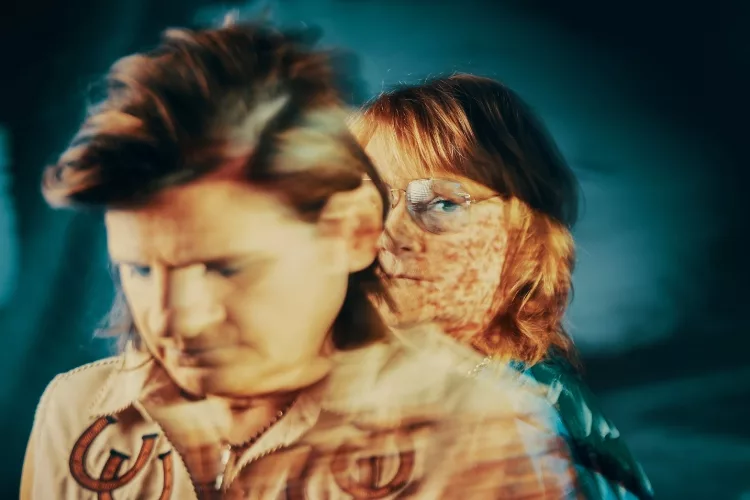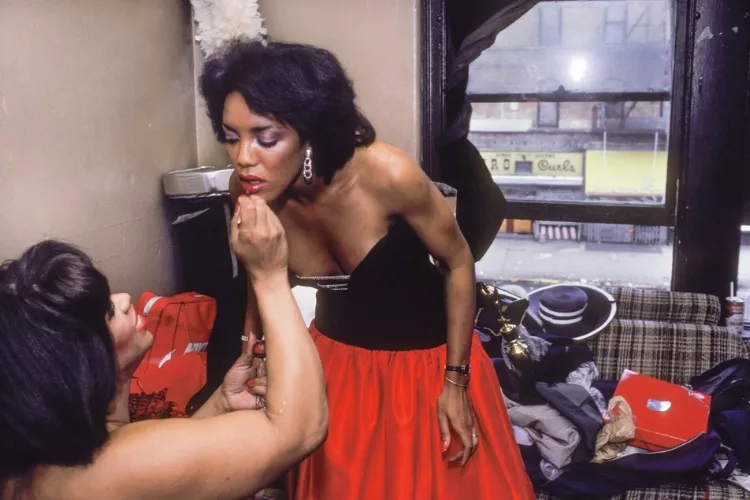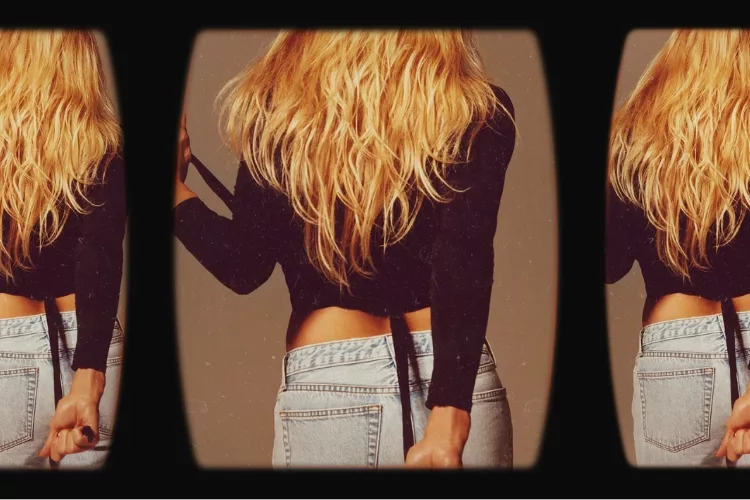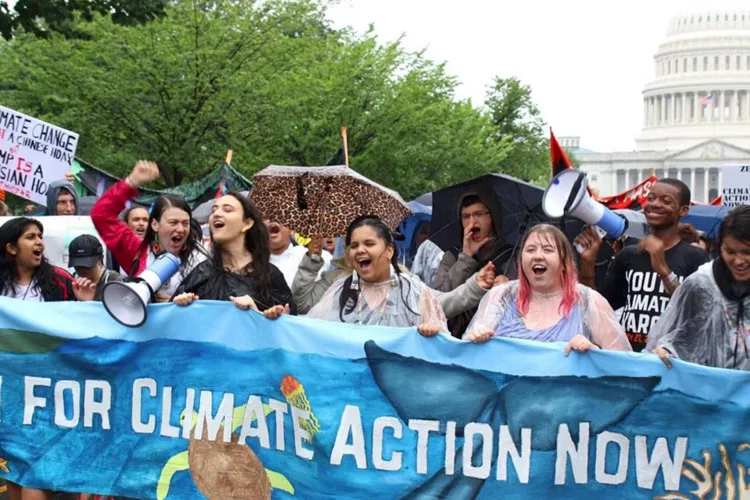
It’s the end of the year and you partied like it’s 1999. That Rona is still here but mask mandates are a distant memory and live music events from Beyonce to The Cure were major parts of our lives. And it was good! But…the hangovers? Not so much. Even if we’re not all about resolutions, the new year is a time of reflection. If you feel like you might want to cut back on your drinking consider Dry January.
Started in 2012 by Alcohol Change UK they describe it as a way to “ditch the hangover, reduce the waistline and save some serious money by giving up alcohol for 31 days.” And taking drinking off the table for a limited period really allows you to really see if it’s an issue for you. Many people who have done Dry January have reported that they drink less in general afterwards.
If you aren’t in the moment, you are either looking forward to uncertainty, or back to pain and regret. I’m very serious about no alcohol, no drugs. Life is too beautiful.
— Jim Carrey
More Reasons To consider Dry January
You’re anxious and not sleeping well
Yes, there’s plenty of reasons for your anxiety and insomnia. But did you know that alcohol, despite the fact that we’re told the opposite, actually hurts your sleep and can cause anxiety?
You want to do a “check in” on your drinking
You don’t have a drinking problem per se, but you know alcohol can become problematic over time. Deciding to not drink for a month can be a great gut check to make sure you’re not drinking as a crutch or to avoid bigger issues.
Because there are health ramifications to drinking…and they’re kind of major
Despite the idea that a little wine every day is in fact good for you, recent science is disputes this. Alcohol is a toxic, psychoactive, and dependence-producing substance and has been classified as a Group 1 Carcinogen by the International Agency for Research on Cancer decades ago – this is the highest risk group, which also includes asbestos, radiation and tobacco.
According to a study funded by the Bill and Melinda Gates Foundation, alcohol was the leading risk factor for early death in 2016 for people aged 15 to 49. Alcohol use caused death by injury, by self-harm and by worsening tuberculosis in this group, the team found. And this study found that men who drank heavily as teenagers had three times the risk of developing prostate cancer later in life.
Because #soberissexy

One reason not to Stop Drinking in January
If you have been binge-drinking or drinking excessively, going “cold turkey” might not be the way to do it and you might want to consult with a professional counselor for recommendations.
If you decide to try Dry January (or sober October or stopping drinking for any reason) here are a few helpful suggestions.
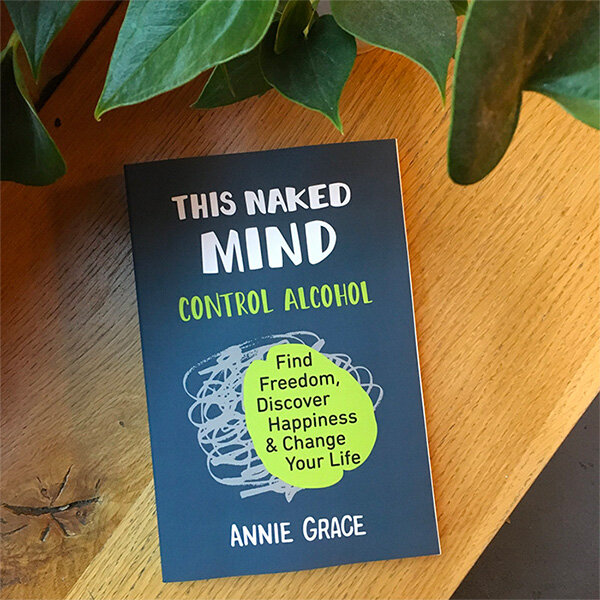
Consider prepping by writing about it in your journal before you start
Why are you doing it? What do you hope to achieve personally? Do you see any roadblocks along the way and how can you prepare?
Get a friend to join you and/or hold you accountable
We need to preface this by saying for the sake of your relationships do not talk endlessly about how you’re not drinking and making it a big deal. Whether you mean it to or not, it can easily come across as “virtue signalling” and you’ll think that you’re not invited to brunch because you’re not drinking mimosas when it’s really because you won’t shut up about not drinking mimosas.
Don’t. Be.That. Person. Do talk to a close friend or your SO in a casual way and see if they’d be interested in joining you. It’s always easier to do something like this together.
Read This Naked Mind: Control Alcohol, Find Freedom, Discover Happiness & Change Your Life by Annie Grace
Seriously, this is hands down the best book for examining your relationship with alcohol. We can’t recommend it enough.
Don’t be upset if you have a drink
Yes, you read that right. This is why people say not to have New Year’s Resolutions. Because we’re setting ourselves up for failure. But choosing not to drink, for whatever length of time, even if you have an accountability partner, is between you and you. Instead of beating yourself up look at the event like you’re a research scientist or a martian studying a human. “Oh, that’s interesting. Why did they do that?” Journal about it.
Get additional support
This could be a therapist or a support group at your school or work. For an online option we like Monument for people interested in changing their relationship with alcohol but don’t necessarily identify as “alcoholics”. Another option is to attend a residential drug and alcohol detox facility.
Ultimately, any habit change like this is an opportunity for self-discovery and if you approach it like that you can’t lose.
The Best Mocktails we’ve tried
Mocktails might seem a bit…weird at first. Why not just have a soda and be done with it? Because part of the appeal of a cocktail is aesthetics. It’s more considered than bubbles in a can. Here are a few ideas to get you started.
Virgin Cosmopolitans
Ingredients
3 oz Reduced Sugar Cranberry Juice
1 oz freshly squeezed lime juice
2 oz sparkling water
1 oz orange juice
Instructions
Place cranberry juice, lime and soda in a cocktail shaker or similar (a mason jar works great!). Add plenty of ice and shake gently. Pour into a martini glass and add a splash of orange juice and serve.
From the Mindful Mocktail
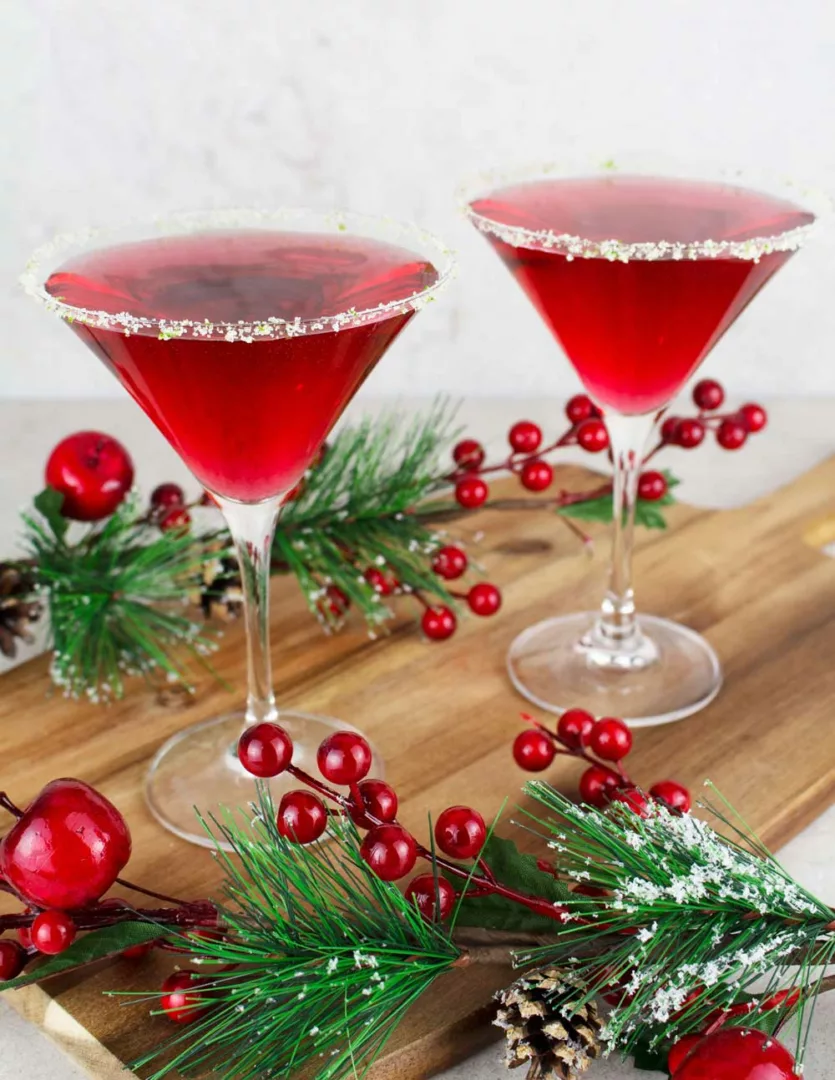
Fizzy Basil Lemonade Mocktail
Ingredients
fresh basil leaves
seltzer
lemonade
ice
Instructions
For each drink, gently muddle about 2 tablespoons of torn fresh basil leaves in the bottom of a tall glass. Add ice and fill the glass about halfway with lemonade (homemade or store-bought). Top the glass off with a pour of seltzer, and stir together. To serve, garnish with fresh slices of lemon and a sprig of fresh basil.
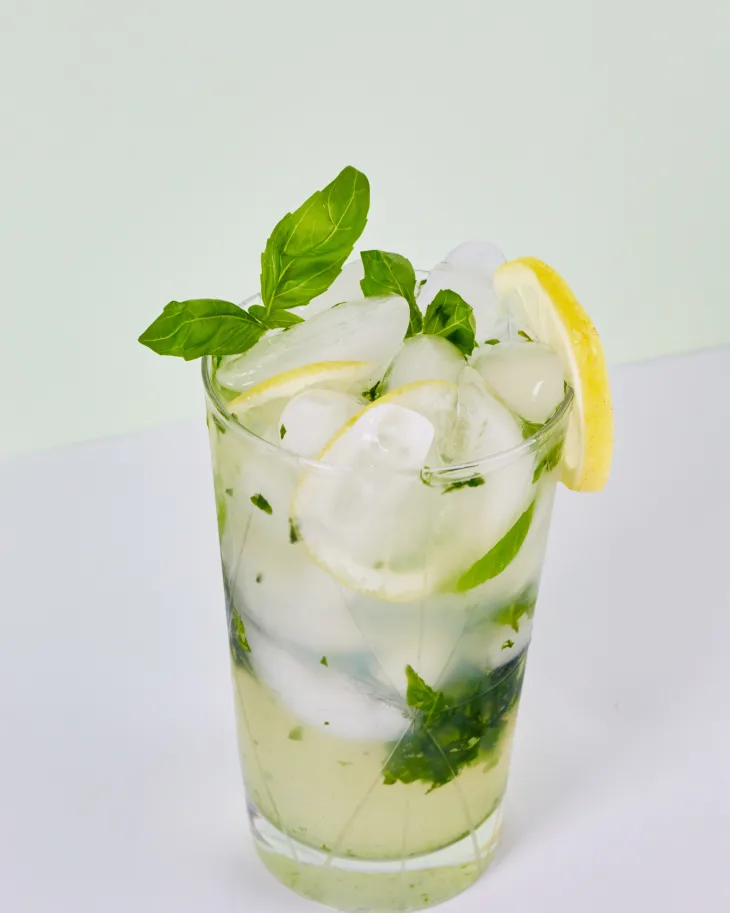
Watermelon Margarita Mocktail
Ingredients
1 medium seedless watermelon, cut into chunks
.5 cup fresh lime juice
4 tsp agave
5 tbsp sparking water
Instructions
In a blender, puree enough watermelon chunks so that you have 4 cups of watermelon puree. Add lime juice and agave and mix again. Pour into 4 cups. Top with sparkling water.
From FoodDoneLight
